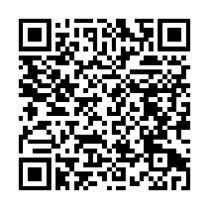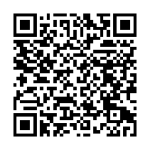Since I again was gratified with intelligent content on David Andolfatto’s excellent blog Macromania, I hung around in and wandered back to an interesting post (Evil is the root of all money).
Although the post is over two years old, I commented and am reposting the comment here to keep it where I can refer to it again.
Thanks for this post, David. Even if ancient, I enjoyed it.
However, I would like to comment.
I do not believe that evil is a necessary condition for the rise of money.
Let me I propose that complexity is sufficient for the rise of money and the rise of money is necessary for complexity (and, hence, development). I see no need to deal money in my exchanges with my wife, i.e. I do not charge (nor account) for taking out the trash, nor does she for her wonderful cooking. You may argue this is out of the absence of evil among us and you may be partially right, but the lower complexity pays a very large part as well.
But let’s take a relatively small community of 676 (26×26) people, Aaron to Zzorah. Let’s assume each can split their work time between two products each and that they all live twenty-two thousand days (Moody Blues?)
Not even the most anal retentive individual could lay out a matrix of 1,352 products times 22,000 days, run linear programming to optimize it and schedule all agreements and communications as a plan. And I am making no allowance for uncertainty. Money allows everyone to make choices along the way and communicate them to the community in a way that is unnecessary in a world of cooking and taking out the trash, but that is way better than stumbling blindly with a sheep in search of a seller of rice or haircuts.
In fact, evil may be the root of all barter, since we need to haggle over the fairness of reciprocal giving in the absence of altruism, but once trading is established, it is complexity that brings money into existence. That a giant round stone, a piece of paper or a handful of Kilobytes are better or worse than an oral unwitnessed promise, it is a matter of technology.
Finally, I would like to point your attention to Nick Szabo’s clever piece Shelling Out — The Origins of Money to elicit your thoughts, since I assume you know it already.
1DCVEgb6bf77Df7sUbTVsNStrFNBMHhRAC
Tip me please


